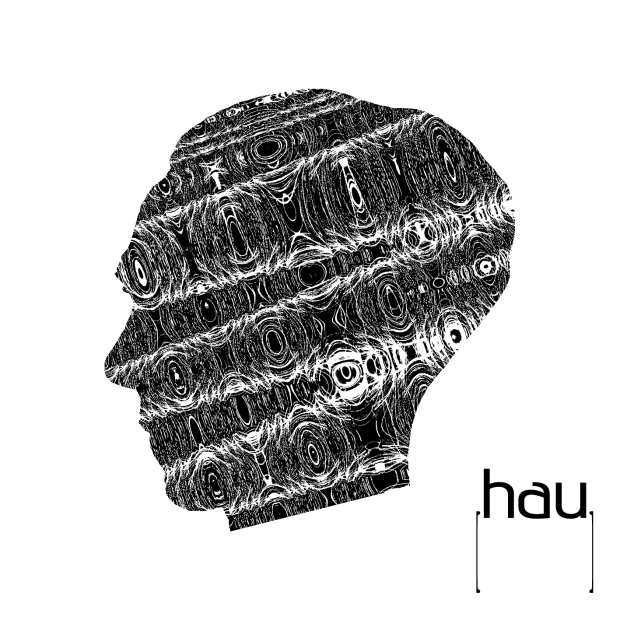Band: Cotillion
Album: The Debutantes
Genre: Post-metal, math-rock
Social-media: Facebook/Twitter/Bandcamp
Listen:
And:
Cotillion are a post-metal band from New York that haven’t released something recently, but did release an album back in February of last year (when I started MusicGleaner), called The Debutantes. This album has some really great tunes on it, with some metal influences, some electronic and even some chiptune, so I think we should have a chin wag about it. Okay? Cool. These guys are also recording more stuff as we speak, meaning, if you like what you’re hearing, then you should expect more material at some point in the future, stay tuned.
The Debutantes is, at its heart, a post-metal album, but it mixes in some fantastic instrumentation and experimental elements. Combine these both together and you get a fun, exciting album that’s not just a good time, but also rather smart with its musical complexities – the music itself doesn’t feel alienating, despite having some very math-rock moments in it. This is an accessible, album that needs to be heard to be fully appreciated. Until then, I’ll break it down some:
When I heard Waking Apnea, the first track to this album, I was almost tempted to jump straight off the bat and say ‘Space-rock!’ I love it. Instead, I got something that in this day and age captured me much more. The slow decent into this tracks metal instrumental is careful and doesn’t feel rushed as the clean guitar strums away and the synths cascade over themselves. These synths that often come in, never feel forced in where they’re not needed. However, honourable mentions of great uses of electronics go to: Waking Apnea, 99¢ Horizon and Southern Tropical Feel. There’s also this great nostalgic feeling knocking around when I hear them – very retro sounding.
Speaking of sound, this album sounds top notch. Every instrument has its place here and when it all comes together with the brilliant and often epic arrangements; everything just feels right with the world. I particularly enjoy the strong and prominent bass on Your Other Left and 99¢ Horizon and the some of the cleaner guitar parts that are used for breaking up the metal that makes up the main portion of tune time. Watermelons Don’t Make Me Happy and the breakdown guitar in Southern, Tropical Feel are all great examples of clean guitar tone done correctly.
If I must complain and I feel like I must, or risk being labelled a total brown-nose, it feels like there is a lot of palm-muting going on. Boy oh boy is there a lot of palm-muting coming from this album and it does work, but it gets mighty repetitive, even with the very eclectic sounds that you get from this album.
Never the less, it sounds like the gentleman in Cotillion are having a blast while playing this sort of stuff and I’d love to hear it in a live setting – it seems like it could be an incredibly experience, especially if they manage to recreate the moments of coolness that you have here.
Final Notes:
Cotillion have released a fun and accessible post-metal/math-rock album that is chuggy, clean, sweet, epic and just awesome to listen to. If you don’t mind some of the large amounts of palm-muting on The Debutantes (and you shouldn’t let it discourage you) then you’ll find a release that is well worth your time.









